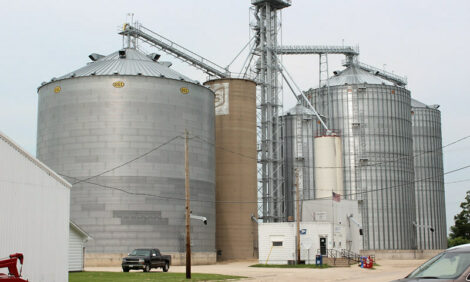



OIE releases its Panorama 2020 report
The World Organisation for Animal Health (OIE) has published its Panorama 2020 report, highlighting the global steps needed to combat disease challenges like African swine fever.The articles presented in this issue of Panorama will provide an overview of global ASF control, highlighting some of the ongoing OIE actions, key characteristics of the disease, an update of the global situation, recent experiences and lessons learned, and the role of key partners.
The global spread of African swine fever (ASF) has been unprecedented in recent years, with a growing number of countries in different regions reporting outbreaks of the disease. Countries affected by ASF struggle to control and minimise losses, while countries that are still ASF free face an increasing risk of the disease’s introduction. Owing to the global socioeconomic repercussions, controlling ASF is a high priority for both affected countries and those free from the disease.

The Panorama 2020 report explains why controlling ASF remains a challenge. It outlines the complex epidemiology; the lack of a safe and effective vaccine, the strict biosecurity is required for control; and the immense difficulty in implementing the necessary measures and changing high-risk practices within the diverse and demanding scenarios that many countries face. The task can be compounded by a lack of political support, technical capacity and sustainable resources.
To respond to this challenge, there is an urgent need to revise the current understanding of ASF, facilitate the development of adequate scientific approaches and effective tools, increase commitment and support of governments, improve the technical capacities of Members, and engage in effective risk communication with the relevant stakeholders and development partners.
The World Organisation for Animal Health (OIE), in coordination with the Food and Agriculture Organization of the United Nations (FAO), has been working diligently to address such needs, by providing international standards and best practices for the effective control of ASF, improving transparency of new and evolving outbreaks via the World Animal Health Information System (WAHIS), implementing diverse, technical capacity-building activities, and launching awareness campaigns.
However, to implement these and other key activities effectively, well-coordinated national, regional and global efforts will be required, not only by governments and public institutions, but also by a range of different stakeholders who participate in pig production and trade value chains.








